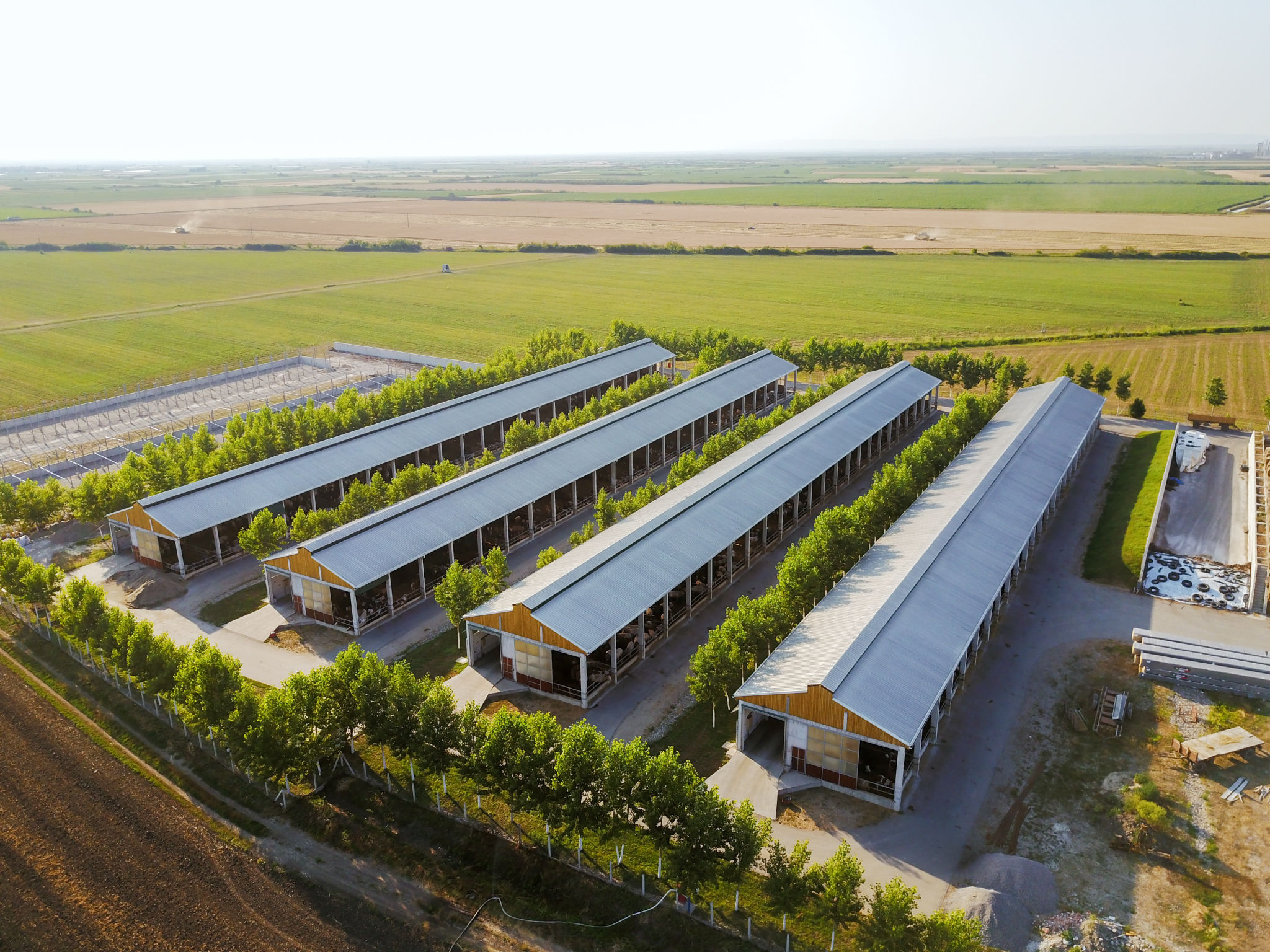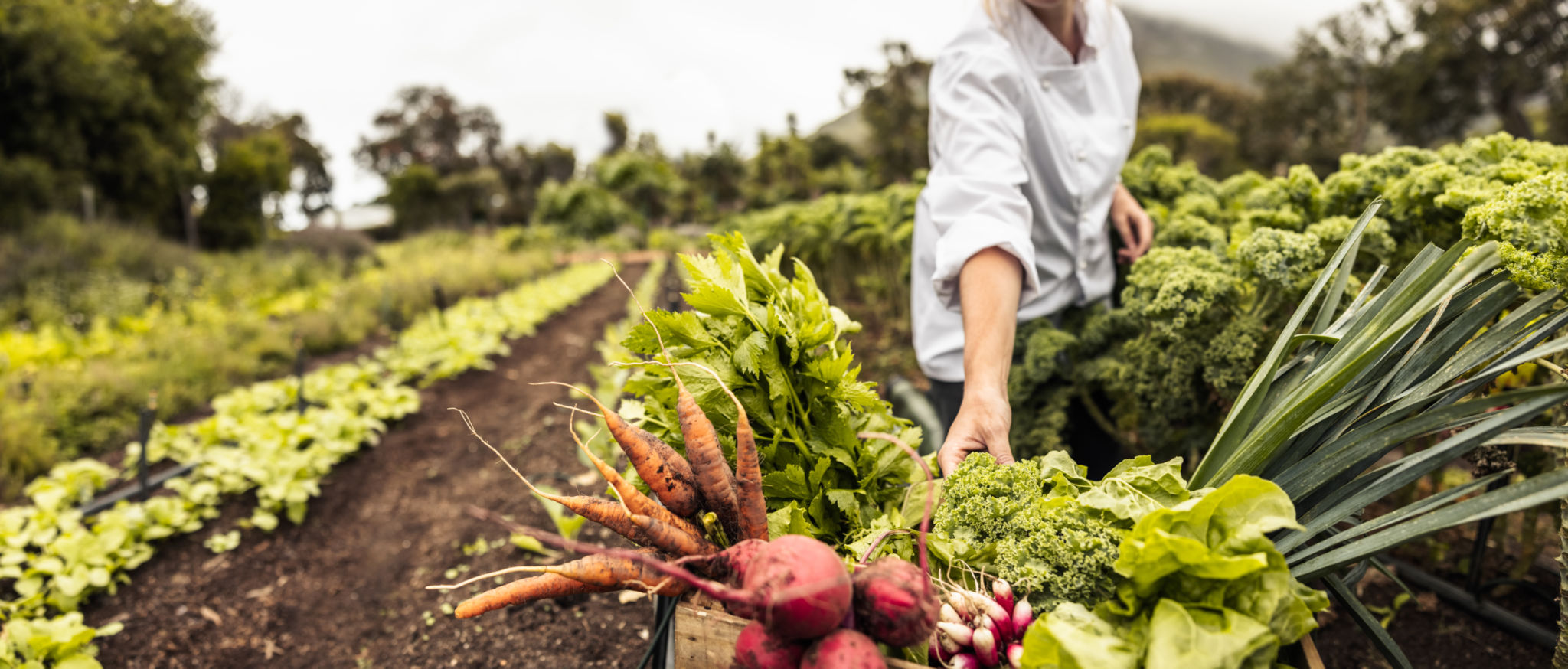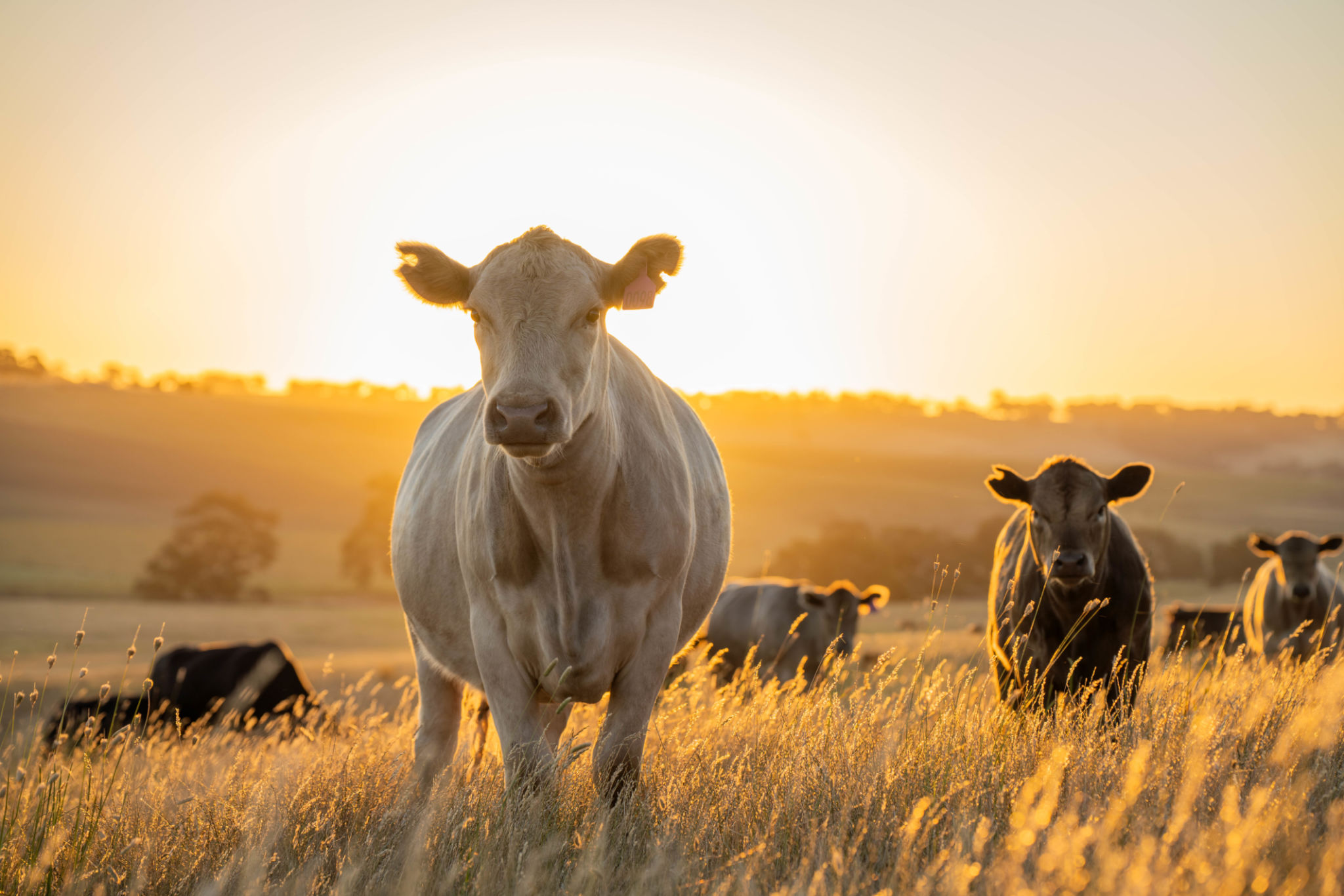Common Misconceptions About Farming: Debunking Popular Myths
Understanding Modern Farming
Farming, a cornerstone of human civilization, is often misunderstood. With rapid advancements in technology and evolving practices, it's easy for misconceptions to arise. Let's explore and debunk some common myths about farming today.

Myth 1: Farming is an Outdated Practice
Many believe farming is a relic of the past, with images of small, family-run farms dominating the narrative. However, modern farming is far from outdated. Today, it incorporates cutting-edge technologies such as drones, GPS, and data analytics to optimize crop yield and sustainability. This evolution is crucial in meeting the food demands of a growing global population.
Myth 2: All Farms Are Large, Industrial Operations
Another common misconception is that all farms today are massive, corporate-run entities. In reality, family-owned farms still make up a significant portion of the agricultural landscape. According to recent statistics, family farms account for about 98% of all farms in the United States, highlighting their enduring presence and contribution to agriculture.

Environmental Impact Misconceptions
Environmental concerns are frequently associated with farming, but not all perceptions accurately reflect reality. Let's delve into the environmental impact of modern farming practices.
Myth 3: Farming is Always Harmful to the Environment
While it's true that some farming practices can be environmentally detrimental, many farmers are committed to sustainable practices. Techniques such as crop rotation, organic farming, and integrated pest management are increasingly prevalent. These methods help preserve natural resources and reduce the ecological footprint of agriculture.
Myth 4: Organic Farming Means No Pesticides
The term "organic" often leads people to believe that no pesticides are used in these farming practices. However, organic farmers can use natural pesticides approved for organic farming. The key difference lies in the type and source of these substances, which are typically derived from natural sources rather than synthetic chemicals.

Animal Farming Misconceptions
Animal farming is another area rife with misconceptions. Understanding these myths can help consumers make informed decisions about their food choices.
Myth 5: All Livestock Are Raised in Inhumane Conditions
While there are instances of poor animal welfare practices, many farms adhere to high standards of care. Animal welfare certification programs exist to ensure that livestock are raised humanely, with access to clean water, sufficient space, and veterinary care. Supporting certified farms can promote better animal welfare standards across the industry.
Myth 6: Plant-Based Diets Are the Only Sustainable Option
A growing trend towards plant-based diets suggests they are the only sustainable choice. However, well-managed livestock farms can also be part of a sustainable food system. Practices like rotational grazing can improve soil health and sequester carbon, contributing positively to the environment.

The Future of Farming
The future of farming lies in innovation and adaptation. As technology continues to evolve, so will farming practices, making them more efficient and sustainable. By debunking these myths, we can better appreciate the complexities of modern agriculture and support its development for a sustainable future.